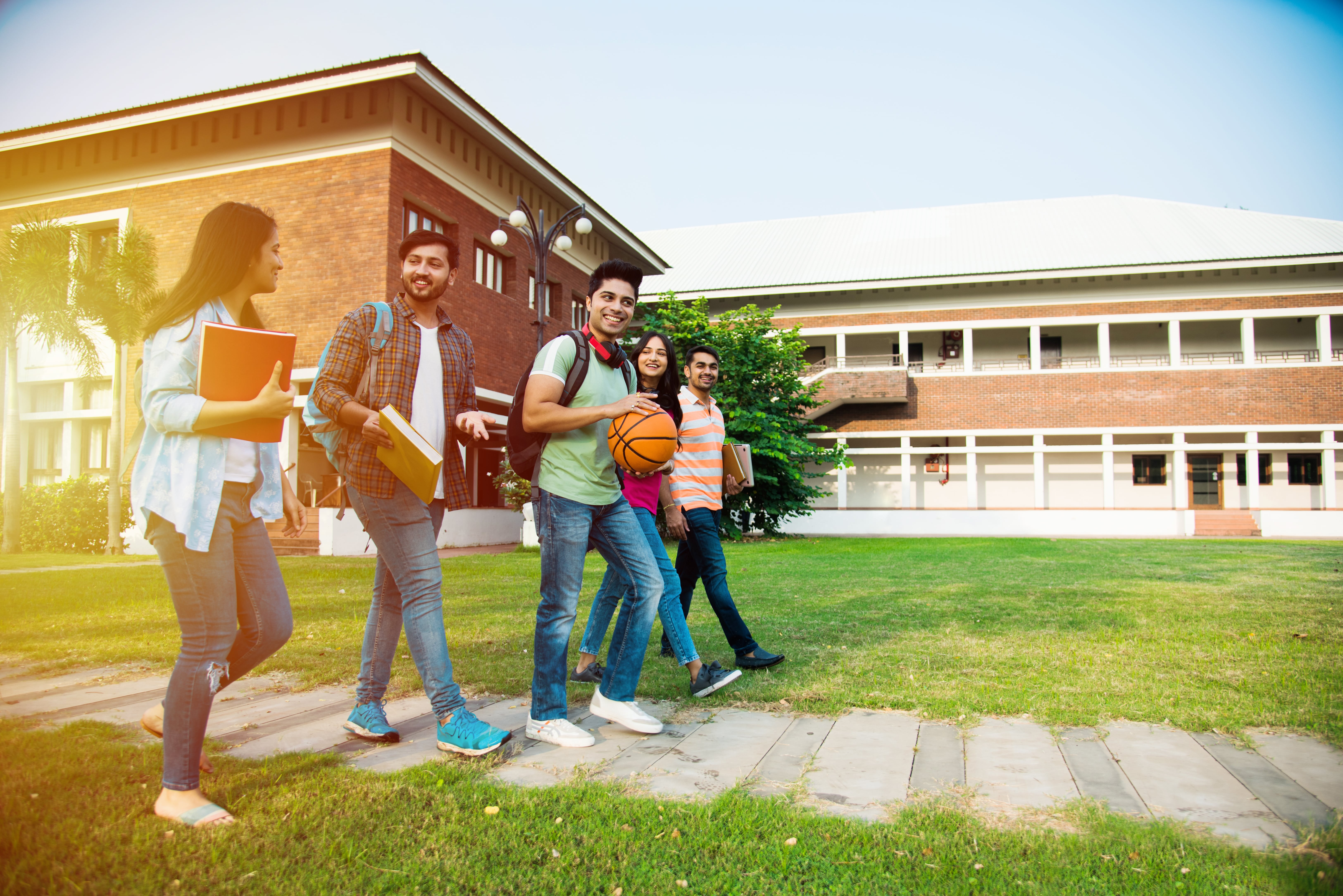
 Steve Jobs famously said, “Innovation distinguishes between a leader and a follower.” Innovation in medical education is key to driving medical advancements, fostering an increased sense of creativity and passion in students, and shaping highly qualified and competitive physicians. Technology and health go hand-in-hand, and it is more important than ever to stay up-to-date with futuristic medical technology and medical education trends in order to produce the healthcare leaders of tomorrow. The American University of Barbados (AUB), School of Medicine, is proud to be a leader in innovation in medical education. We provide an innovative and integrated US-based medical curriculum that boasts enhanced interdisciplinary learning and facilitates critical thinking in our students.
Steve Jobs famously said, “Innovation distinguishes between a leader and a follower.” Innovation in medical education is key to driving medical advancements, fostering an increased sense of creativity and passion in students, and shaping highly qualified and competitive physicians. Technology and health go hand-in-hand, and it is more important than ever to stay up-to-date with futuristic medical technology and medical education trends in order to produce the healthcare leaders of tomorrow. The American University of Barbados (AUB), School of Medicine, is proud to be a leader in innovation in medical education. We provide an innovative and integrated US-based medical curriculum that boasts enhanced interdisciplinary learning and facilitates critical thinking in our students.
The advanced teaching methods that form the medical curriculum at AUB, School of Medicine, have been developed in collaboration with international partners. We use virtual reality and artificial intelligence in order to create a fully immersive experience for our students. Here is a glimpse of the technology and trends in medical education that we use:
3D Medical Animation
Three-dimensional (3D) medical animation is used to illustrate mechanisms of the human body in order to simplify complex topics and processes in human anatomy, physiology, and biochemistry. Animations help clarify concepts and allow students to become more engaged with the fascinating field of medicine. The use of 3D medical animation to depict functional and dynamic mechanisms enables students to learn more in less time, maximizing their learning experience. Students can learn about the intricacies of medical science in a way that cannot be portrayed even through live action.
Manikins and Medical Video Games
Manikins, like traditional mannequins, are models in the form of a human body, but instead of simply being used to display physical features of the body, manikins are used in the field of medicine to simulate processes within the human body. Through manikins, medical students can practice important medical skills, including surgeries and other clinical scenarios, without having to use a live person. This allows medical students to gain confidence and practice through trial-and-error with ease. Our manikins go one step further – they are integrated with medical video games based on real-world medical problems. Students can earn scores based on their performance and ability to clinically manage these medical scenarios, making the entire experience engaging and competitive. Medical video games range from basic clinical evaluation to emergency management and surgical procedures.
Computer-Aided Revision and Evaluation (CARE)
CARE is an app-based platform developed for AUB, School of Medicine, allowing students to review lessons outside of the classroom on their own time in an interactive way. Instead of having to review pages of notes and textbooks following a classroom lesson, students can use this platform to learn and solidify important concepts daily, enhancing their knowledge and building their foundation.
At AUB, School of Medicine, as you invest in your future as a medical student, you also invest in an advanced educational experience based on futuristic medical technologies that are sure to give you a competitive edge as a physician and help you become successful in your clinical practice.










Admission Enquiry
*Please send your Details